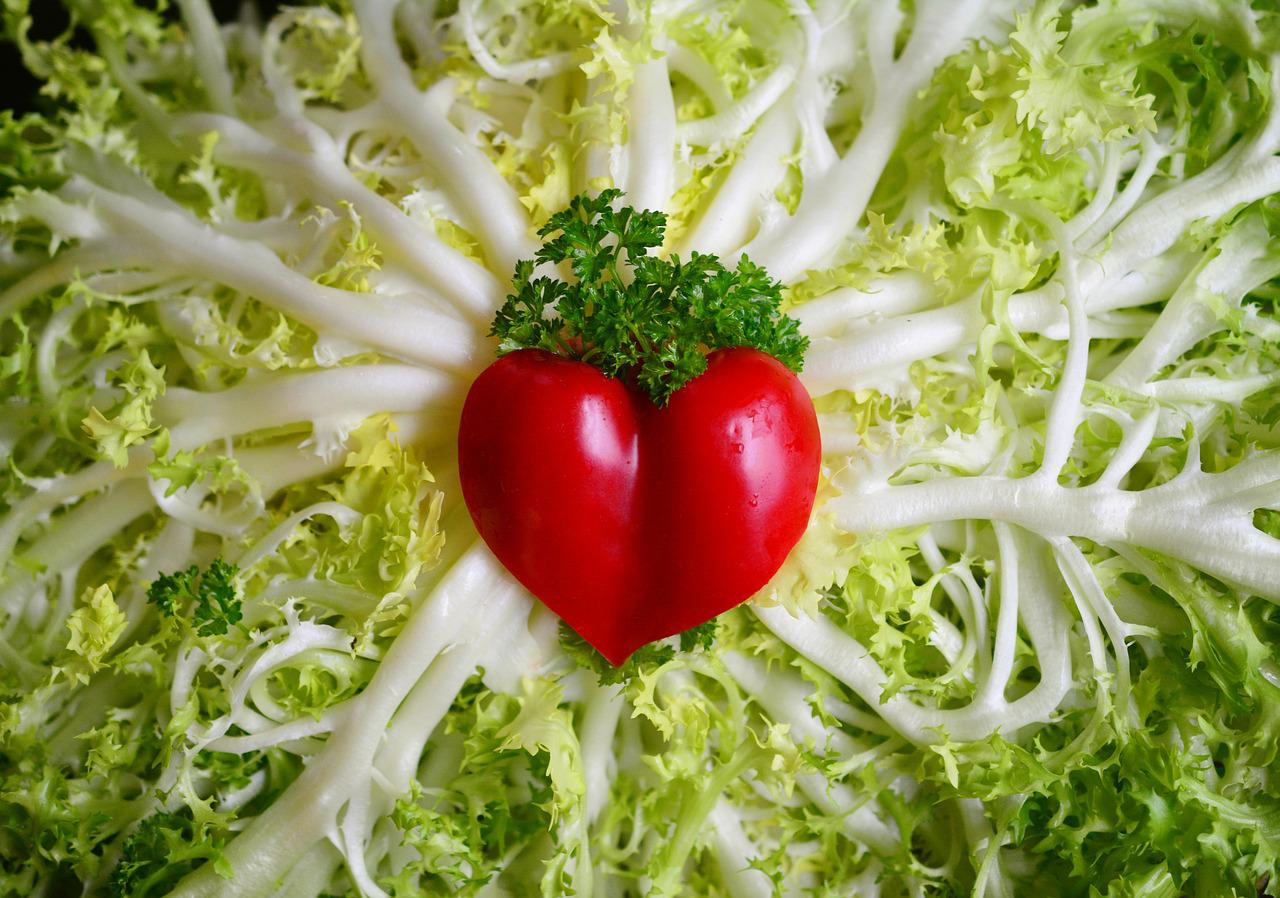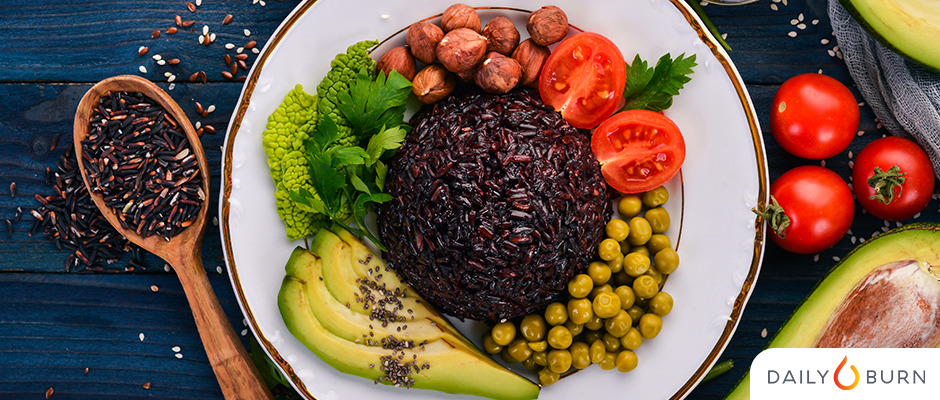
There are many ways to prevent diseases. Some of these interventions emphasize early detection of a disease. Other methods include improved sanitation and clean drinking water. In addition, many diseases can be treated when they are detected at the earliest stage. For example, policies can make it easier to access treatment and give you the ability to use emergency powers in times of crisis. Regardless of the method used, the aim of prevention is to prevent disease and reduce its burden.
It is best to live a healthier lifestyle to avoid getting sick. You can avoid heart disease and cancer by eating healthier. While you cannot stop smoking completely or get more exercise, being healthy will make you less likely to get these diseases. Healthy lifestyle habits, such as a healthy diet and regular exercise, are essential to preventing chronic diseases. Although it can be difficult to make lifestyle changes, it is worthwhile in the end.

Preventative Medicine is taking action before a condition is discovered. It includes knowledge about the natural history and interventions to reduce its incidence or prevalence in a community. Epidemiological knowledge is used to control and prevent the transmission of diseases. Public health prevention and education projects are the dissemination and application of scientific knowledge and normative suggestions to improve habits. It is an ever-increasing effort to keep people wholesome.
The prevention of diseases involves a variety of strategies. These strategies are called "interventions"; they can be broken down into primary, secondary, or tertiary. Rehabilitation programs, for example, help injured workers return work or help them to retrain for a different career. Vocational rehabilitation programs help those with disabilities get back to work. There are many other methods to prevent illness. These methods can be both cost-effective and efficient, and can greatly improve your health.
Public health policy has a key goal: to prevent environmental factors and diseases. Many countries have established a health system that promotes the prevention of disease and improves health. A good primary care system will allow you to implement a population-based screening programme. This is a way to improve health and prevent diseases. This approach is also called disease-prevention. Prevention of diseases and the Prevention of environmental hazards

It takes a shift in perspective and knowledge to prevent diseases. The concept of health is an individual's ability to live an active and healthy life. Health promotion's goal is to improve people's lives and prevent them from becoming sick. Many actions that promote health also aim to prevent diseases.
FAQ
How does weight change with age?
How can you find out if your weight has changed?
Weight loss occurs when there is less fat than muscle mass. This means that daily energy needs must be greater than the calories consumed. Activity levels are the most common reason for weight loss. Other causes include illness, stress, pregnancy, hormonal imbalances, certain medications, and poor eating habits. Weight gain occurs when there is more fat than muscle mass. It occurs when people consume more calories per day than they need. It can be caused by overeating or increased physical activity as well hormonal changes.
Our bodies lose weight mainly because we eat less calories that we burn. By exercising regularly, our metabolism rates increase which in turn burns more calories during the day. However, this doesn't mean that we'll necessarily get thinner; what matters is whether or not we're losing fat or gaining muscle. If we are burning more calories than what we eat, then we will lose weight. If we consume more calories that we burn, we are actually storing them in fat.
As we grow older, we tend to become slower at moving around and therefore we don't move as much. We also tend not to eat as much food as we used to when we were younger. Therefore, we tend to put on weight. On the other hand, we have more muscle mass and look larger than we actually are.
Without weighing yourself each week, there is no way to know how much weight you have lost. There are many ways you can measure your weight. You can measure your waist, hips and thighs as well as your arms. Some people prefer to use bathroom scales while others like to use tape measures.
For a better track of your progress, try to weigh yourself once per week and measure your waistline once every month. You can also take pictures of yourself every few months to see how far you've come.
You can also look up your height, weight and body measurements online to determine how much you weigh. For example, if you're 5'10" tall and weigh 180 pounds, you'd probably weigh 180 pounds.
How can you live your best life every day?
Finding out what makes your heart happy is the first step to living a fulfilled life. You can then work backwards once you know what makes YOU happy. Asking others about their lives can help you to see how they live the best life possible.
You can also check out books like "How to Live Your Best Life" from Dr. Wayne Dyer. He talks about finding happiness and fulfillment in all aspects of our lives.
What is the difference between a calorie or a kilocalorie.
Calories are units used to measure the amount of energy in food. Calories are the unit of measurement. One calorie represents the energy required to raise one gram of water's temperature by one degree Celsius.
Kilocalories is another name for calories. Kilocalories can be measured in thousandsths of one calorie. For example, 1000 calories equals one kilocalorie.
How much should I weight for my height and age? BMI calculator and chart
The best way to determine how much weight you need to lose is to use a body mass index (BMI) calculator. Healthy BMI ranges between 18.5 to 24.9. To lose weight, you should aim for a loss of 10 pounds per year. Simply enter your height, weight and desired BMI into the BMI calculator to calculate it.
This BMI chart will help you determine if your body is overweight or obese.
What is the difference in a virus and bacteria?
A virus is an organism microscopic that can't reproduce outside its host cells. A bacterium, a single-celled organism, reproduces by splitting into two. Viruses have a very small size (about 20 nanometers), while bacteria is larger (up to one micron).
Viruses can be spread by contact with bodily fluids containing infected substances, such as saliva, urine and semen. Bacteria can easily be spread from direct contact to contaminated surfaces and objects.
Viral infections can also be introduced to our bodies by a variety of cuts, scrapes or bites. They can also penetrate the skin through the eyes, nose or mouth.
Bacteria may enter our bodies through cuts and scrapes on our skin, burns, insect bites, and other wounds. They can also be introduced to our bodies by food, water and soil.
Both bacteria and viruses cause illness. Viruses can not multiply within the host. Viral infections can only cause diseases in living cells.
Bacteria can multiply within their hosts and cause illness. They can also invade other parts of your body. Antibiotics are needed to eliminate them.
Exercise: Good and bad for immunity?
Your immune system is strengthened by exercise. When you exercise, your body produces white blood cells which fight off infections. Your body also removes toxins. Exercise can prevent diseases such as cancer and heart disease. It can also lower stress levels.
But, too much exercise can lead to a weakening of your immune system. You can cause muscle soreness by working out too hard. This causes inflammation and swelling. The body then needs to make more antibodies to fight infection. This can lead to allergic reactions and other autoimmune disorders.
So, don't overdo it!
Statistics
- This article received 11 testimonials and 86% of readers who voted found it helpful, earning it our reader-approved status. (wikihow.com)
- According to the 2020 Dietary Guidelines for Americans, a balanced diet high in fruits and vegetables, lean protein, low-fat dairy and whole grains is needed for optimal energy. (mayoclinichealthsystem.org)
- The Dietary Guidelines for Americans recommend keeping added sugar intake below 10% of your daily calorie intake, while the World Health Organization recommends slashing added sugars to 5% or less of your daily calories for optimal health (59Trusted (healthline.com)
- WHO recommends reducing saturated fats to less than 10% of total energy intake; reducing trans-fats to less than 1% of total energy intake; and replacing both saturated fats and trans-fats to unsaturated fats. (who.int)
External Links
How To
How to keep yourself motivated to exercise and eat well
Tips for staying healthy and motivated
Motivational Tips For Staying Healthy
-
Make a list with your goals
-
Realistic goals
-
Be consistent
-
Reward yourself when you achieve your goal
-
Even if you make a mistake, don't quit!
-
Have fun